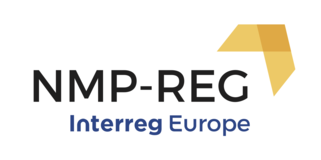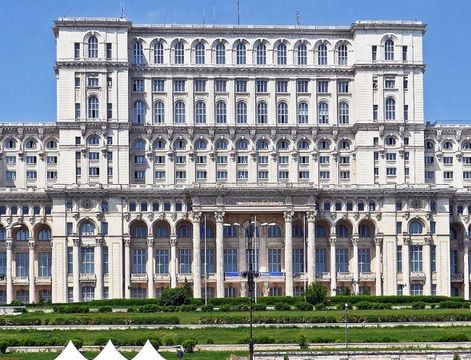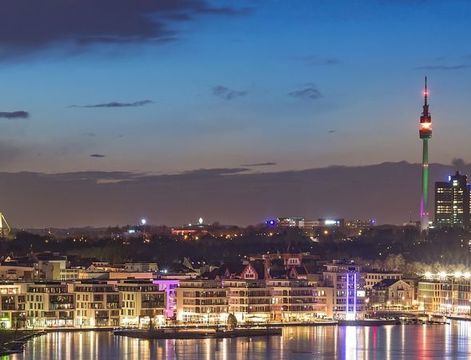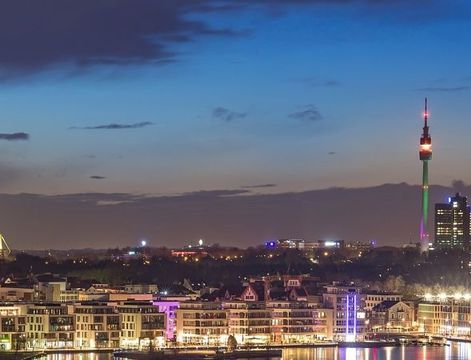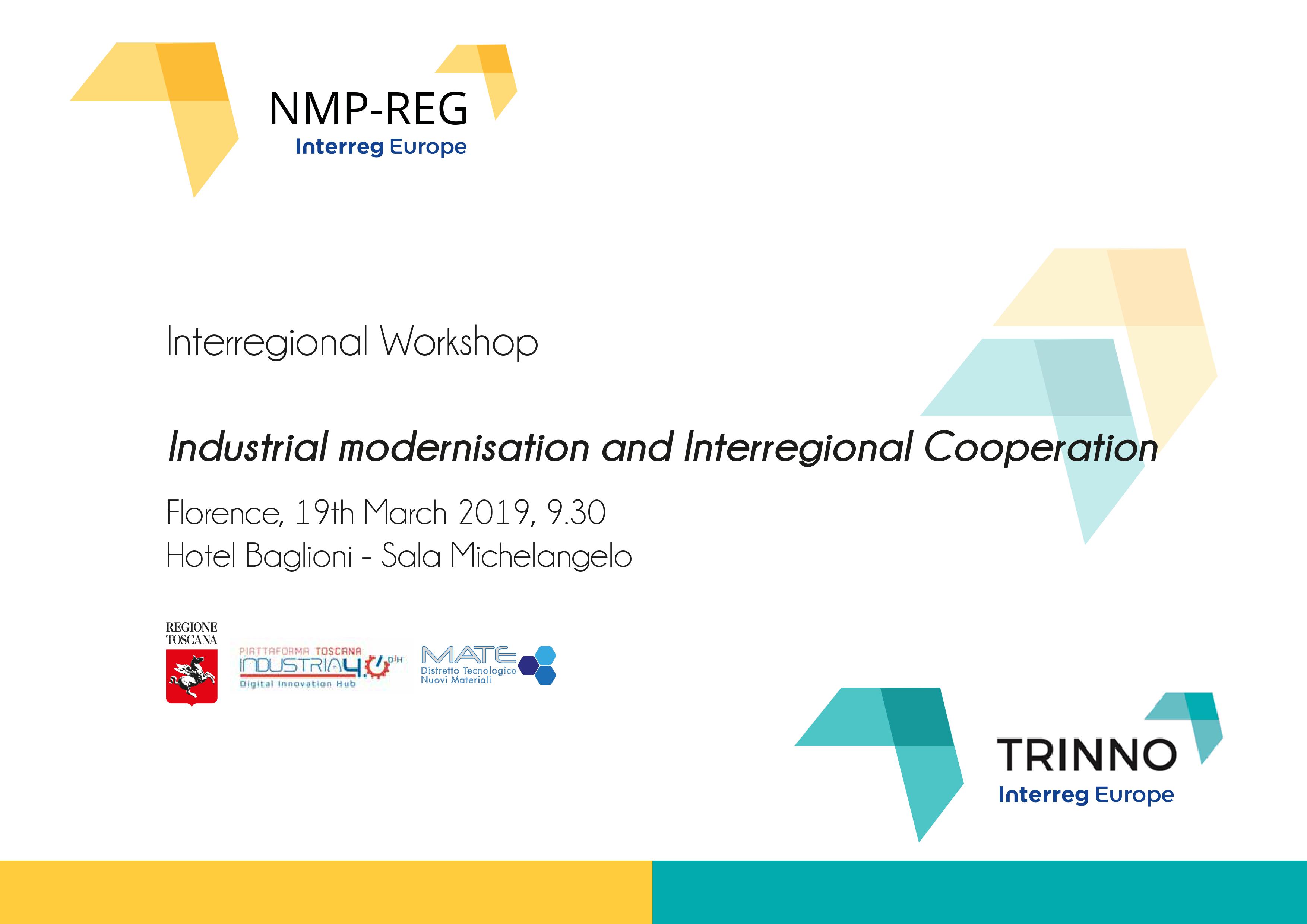The NMP-REG project, which started in 2016, aimed to improve regional policies for the introduction of NMP innovation in the manufacturing sector. Indeed, nanotechnology and new materials (NMP) were and are a major theme of EU policy for innovation and advanced manufacturing.
The NMP-REG project brought together partners from 5 European regions who cooperated to achieve a medium- to long-term impact, creating a regional system capable of supporting the manufacturing sector in the application of NMP research to create new products/services, creating jobs, and promoting a market for improved and cost-efficient products.
The first phase of the project was devoted to close cooperation between the partners, the exchange of good practices, and, in general, to laying the foundations of individual action plans for the improvement of individual regional policies. The second phase was entirely dedicated to the implementation of the action plans. The transition from NMP-REG phase 1 to phase 2 was officially carried out through a major event that brought together all partners, relevant stakeholders, and subjects from all over Europe, which took place on 19 March 2019 in Florence and was entitled "Industrial Modernisation and Interregional Cooperation". The results achieved were further presented during the "European Week of Region and Cities 2020" through a video summarising what the partners achieved. The video is available here.
Going into the specifics of the action plans carried out by the individual regions in the second phase, the following can be summarised:
- The North Rhine-Westphalia Action Plan aimed to stimulate entrepreneurship and start-ups in the field of NMP.
- The development of a stakeholder community was crucial to growing the NMP ecosystem in Bucharest-Ilfov. The formation of the NANO4MANU community was the main objective.
- In the Norte, the Regional Coordination and Development Commission and the Iberian International Nanotechnology Laboratory created the Regional Smart Specialisation Platform on Advanced Manufacturing Systems.
- In Flanders, the Action Plan focused on Strategic Research Centres, a key instrument for transferring research to industry.
- And finally, in Tuscany, the focus was not only on cooperation within clusters but also between clusters. NMP is a horizontal sector. To ensure technology transfer, cooperation between the various application sectors was necessary.
Thereafter, upon completion of the period dedicated to the implementation of the regional action plans described above, the NMP-REG project successfully participated in a further call for proposals launched by Interreg Europe. The aim was to provide new opportunities for approved projects to exchange experiences on how the COVID-19 crisis affected project themes to better address current challenges. Indeed, with the global health emergency, the NMP (nanotechnology and advanced new materials manufacturing) industry has sought to reconfigure production according to the new role of advanced materials in a post-COVID society.
As a result of this further project activity, two specific events were organised on the specific relationship between Covid-19 and NMP.
